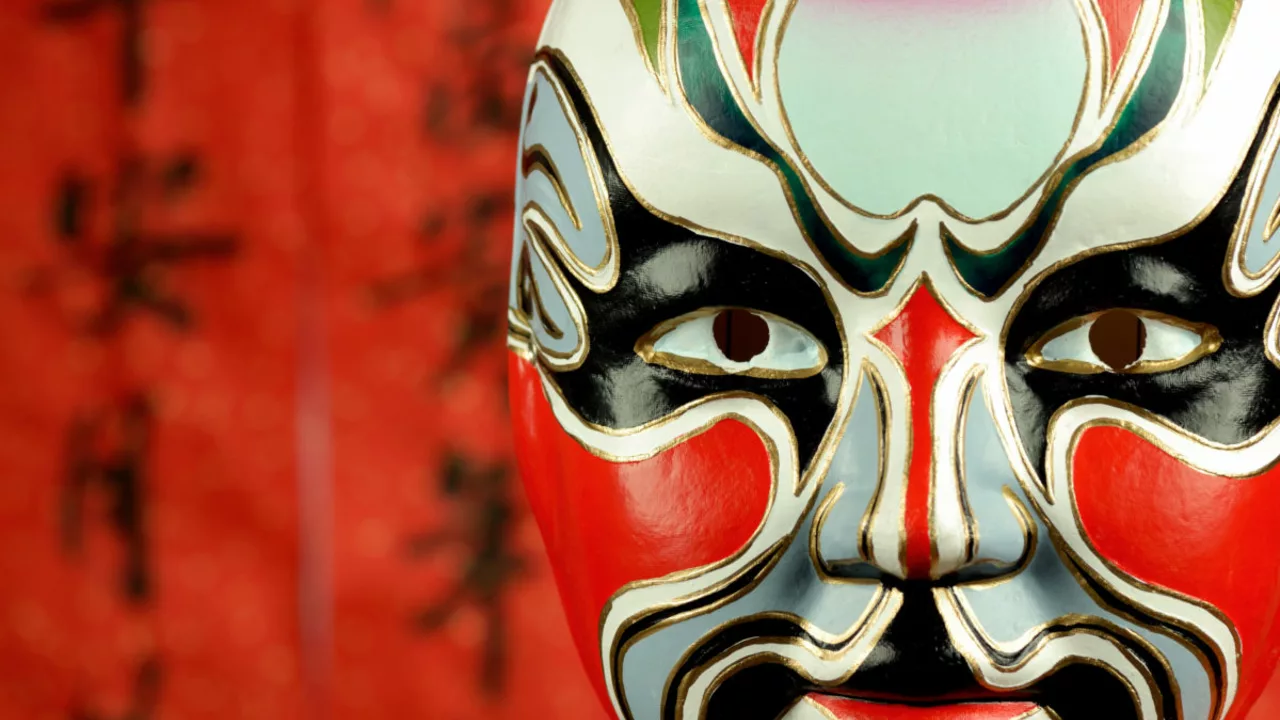Mastery in Acrobatics: Simple Steps to Raise Your Game
Ever wonder why some performers seem to float effortlessly while others struggle to keep balance? The secret isn’t magic – it’s a mix of solid basics, smart training, and the right mindset. Below you’ll find easy‑to‑follow advice that works whether you’re eyeing a spot in Cirque du Soleil or just want to wow friends at a local show.
Build Core Strength for Better Control
The core is the engine behind every tumble, twist, and lift. Start with a daily routine of planks, hollow holds, and leg raises. Aim for three sets of 30‑second planks, then add variations like side planks after a week. Don’t rush the reps – quality beats quantity every time. If you can keep a solid plank while your arms reach overhead, you’re training the same muscles you use on the trapeze.
Combine those exercises with dynamic moves like jumping squats and burpees. They boost explosiveness, which translates to higher jumps and sharper rebounds. Remember, consistency beats occasional marathon sessions. A short, focused workout five days a week builds more lasting strength than one long weekend blast.
Practice Smart, Not Just Hard
Everyone tells you to rehearse until you’re sore, but that can lead to burnout or injury. Break your practice into three parts: warm‑up, skill focus, and cool‑down. During the skill focus, pick one element – say, a forward roll – and repeat it slowly at first. Use a mirror or film yourself to spot tiny errors you can’t feel in the moment.
Gradually increase speed once the movement feels smooth. Adding a partner for gentle resistance gives you real‑world feedback without the danger of a full‑speed attempt. This method mirrors how elite athletes prepare for competitions; they fine‑tune one detail before layering the next.
Another tip: keep a short journal after each session. Jot down what felt good, what felt shaky, and a tiny goal for the next day. Over weeks you’ll see patterns and can adjust your routine before a problem becomes a habit.
While strength and smart practice are the backbone, mindset matters too. Visualize the routine in your mind before you step onto the mat – athletes call it “mental rehearsal.” Even a quick 30‑second imagination of a flawless performance can boost confidence and muscle memory.
Finally, don’t ignore recovery. Light stretching, foam rolling, and good sleep are as crucial as the hard work itself. A rested body learns faster, and you’ll avoid the common aches that keep people from staying consistent.
Mastery isn’t a one‑time achievement; it’s a series of small upgrades. Start with the core, train with intention, and give your mind the same attention you give your body. Follow these steps, and you’ll notice the difference on stage, in the gym, or wherever you choose to perform.

Why is Beijing Opera so difficult to master?
Beijing Opera, known for its rich and complex artistry, is indeed a tough nut to crack. Its mastery requires not just vocal skills, but also intense physical conditioning for the stylized movements and acrobatics involved. Each role and character in the opera has its unique singing style, gestures, and movements, which adds layers of complexity. The use of symbolic and coded visual elements like costumes, make-up, and props further necessitates a deep understanding of Chinese culture and history. So, while it is a beautiful performance art, mastering Beijing Opera definitely isn't a walk in the park!
Read More